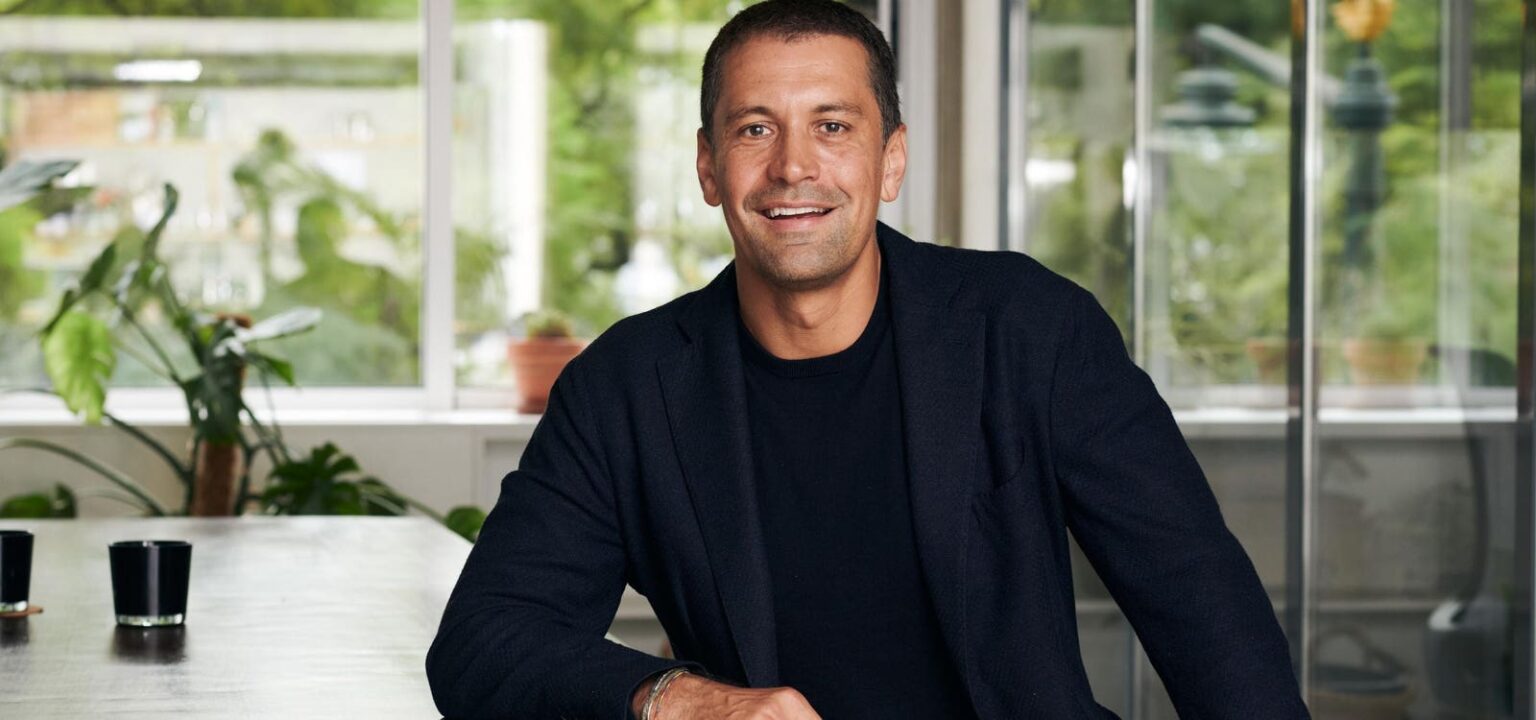“The consumer is becoming CEO of his or her own health,” argues Marvin Amberg, founder of Berlin-based naturalX Health Ventures, which will today announce it has raised a €100 million fund to invest in high-growth European businesses. “Consumers are monitoring their own data, proactively managing their health, and making their own spending decisions.”
Amberg believes investment groups in Europe have so far missed a trick when it comes to this trend. “There aren’t any funds that invest specifically in consumer health and the space has been overlooked by investors,” he says. “These businesses need a specialist partner who shares their vision.”
That’s where naturalX hopes to play its part. Amberg’s investment thesis is that individual consumers’ relationship with their own health has completely changed over the past few years. The Covid-19 pandemic has prompted many more people to think about their health, he says, as well as to embrace digital healthcare solutions such as getting medical advice online. The advent of wearable devices such as smart watches and rings means consumers have access to far more personalised health data. People have also begun to understand that most chronic diseases can be prevented or treated through lifestyle changes and early detection.
The other tailwind for the sector is the inability of the state to keep up with demand for increased healthcare spending. In Germany, for example, healthcare spending now accounts for 12% of GDP, up from 8% in 1990. That spending would be much more manageable if countries could reduce the number of people falling victim to chronic disease, but just 3% of European spending on healthcare currently goes towards preventative medicine.
Enter a new generation of businesses aiming to help consumers take charge of their health. “There is a huge opportunity in proactive and holistic preventative healthcare,” argues Amberg. “In some cases, consumers will self-pay for products and services; in others, they will be reimbursed – by insurers or employers, say.”
This is where naturalX thinks it can create value for investors. It is focusing on businesses developing solutions across the proactive health space, from sleep and mental health to a range of physical conditions. Prevention, in the context of people living longer lives, will be a particular focus.
Amberg has raised €100 million to invest in businesses that fit the bill, with most of that money coming from Schwabe Group, a German pharmaceutical company. The fund defines consumer health as the “intersection of wellness and medicine, where science-backed products and services put the consumer in focus”.
naturalX has already made a number of investments, providing an early indication of where it sees the greatest potential. These include mybacs, a digital platform selling probiotics, Kyan Health, which works with companies to support employees’ mental health, Flow Neuroscience, which has developed a headset that stimulates the brain as one treatment for the early stages of depression, and Meela, a platform that helps people find therapists.
“We analysed the US health market and in many successful startups, the consumer is already at the centre,” Amberg adds. “While we start to see some examples of consumer-focused healthcare companies in Europe reaching meaningful scale and significant funding, such as Oura or Neko Health, we think this market deserves more attention.”
Certainly, founders in the sector point to the importance of a wide range of support from investors, including capital, but also broader help such as connections, introductions and operational advice.
At mybacs, for example, Carl-Philipp von Polheim, founder of the company, points to the fund’s “invaluable knowledge of the nutritional supplement and broader consumer health market”. He adds: “Their pragmatic, fast decision-making allows us to focus on growing our business.” Vlad Gheorghiu, founder of Kyan Health, adds: “naturalX shares [our] vision, recognising that prevention is key to lasting impact.”
Amberg envisages investing between €3 million and $5 million in the typical portfolio company, but with headroom for further investment to support growth. The fund, which has now closed its raise, will invest largely at Series A-stage, but will also consider both late-stage seed and Series B opportunities.
Read the full article here

